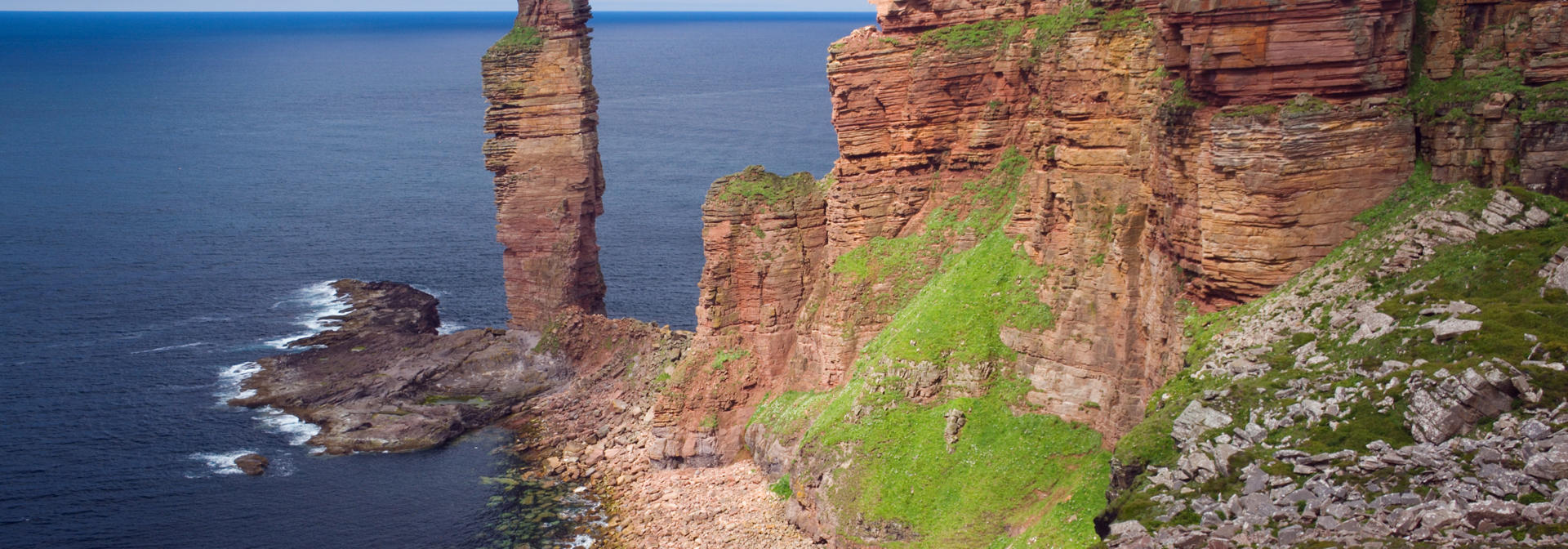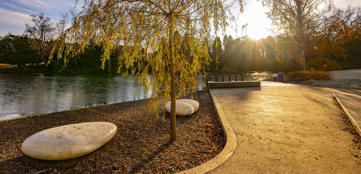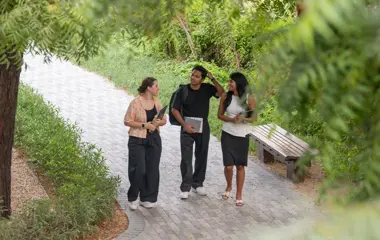Key information
- Funding
- Self-funded
- School
- Energy, Geoscience, Infrastructure and Society
- Location
- Edinburgh
- Delivery type
- Full-time, Part-time
- Start date
- September
The group has particular interests in applied Quaternary geology and geomorphology, especially with reference to coastal and estuarine management. We are also interested in the applications of Quaternary geology to infrastructure engineering and to the properties of natural materials.
Our current research is focused on the properties of estuarine clays and on the physical and biological factors that control these. We also have interests in the recovery of intertidal habitats on reclaimed land that has been flooded by shoreline realignment. More generally, we are interested in the mechanisms and timescales of coastal change and the impact that these have on human use of the coastal zone.
We conduct ongoing fieldwork on several UK estuaries, including the Humber, the Forth, the Moray Firth and the Solway Firth.
Research projects
In recent years EPSRC funding has been received for an extensive course of research into the engineering geology of soft estuarine clay sediments which has included studies of soil fabric, clay microstructure, geochemistry and Quaternary history. All of these areas are the focus of current research interest. Related research interests focus on the role of organic geochemicals in the behaviour of clay soil and in the inter-relation of physical properties and soil microstructure.
Several collaborative courses have been undertaken around the UK with the British Geological Survey, with whom we maintain close links. These courses have explored the relationships between seismic, geoacoustic and physical properties of seabed sediments from around the Scottish continental shelf and deeper offshore waters.
Additional information
The Group makes use of excellent laboratory and computing facilities in the School of Life Sciences, which include analytical chemistry and sediment fabric analysis. We also have access to materials testing and scanning electron microscope facilities elsewhere in the University.
Entry requirements
Candidate criteria
Contact the School to discuss.
English language requirements
If your first language is not English, we'll need to see evidence of your English language ability.
The minimum English language requirement for entry to this programme is IELTS 6.5 (or equivalent) with no score lower than 6.0.
If you do not have IELTS 6.5, we offer a range of English language courses to help you meet the English language requirement for this programme prior to commencing your studies.
For more information about your application and our English Language requirements, please see Section 10 of our page on English Language Requirements as part of your application.
Funding information
| Status | Full Time | Part Time |
|---|---|---|
| Scotland | £5,151 | £2,575.50 |
| England / Wales / N Ireland | £5,151 | £2,575.50 |
| International | £20,456 | £10,228 |
- Status: Your residency status is usually defined as the country where you have been ordinarily resident for the three years before the start of your course.
- International: 'International' includes applicants from European Union countries who do not hold Pre-Settled or Settled status in UK. (This does not include students from the Republic of Ireland - see above).
We offer a number of competitive funded scholarships for research degrees. Full or partial support may be available for well-qualified candidates from UK research councils, research pools, charities or industry.
View our full range of scholarships.
Why Heriot-Watt
We're the top university in Scotland for graduate outcomes which means that more of our graduates are employed or in postgraduate education than any other institution in the country and we ranked 5th in the UK.
We're also rated number one in the UK for CEO or MD roles, meaning more of our graduates go on to become CEOs or MDs than any other university in the whole of the UK. On top of that, we have beautiful campuses, across the globe, so you'll get a truly international education. Our Edinburgh Campus is home to Oriam, Scotland's National Sports Performance Centre combined with plenty of wellbeing resources, prioritising fitness and mental health for all students. Our Global Research Institutes look at solving real world issues such as climate change and saving our oceans as well as working on the next medical technological breakthrough and the future of AI and robots.


